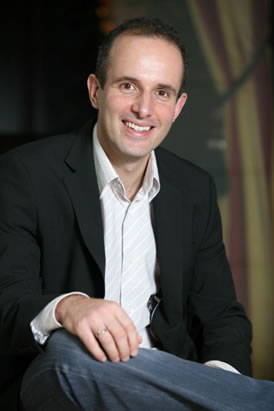How Can You Stay Safe In The Sun?
Some tips from expert dermatologist Dr. Bela Horvath
|
Whilst we enjoy this extraordinary bout of sunshine, it’s worth remembering that the sun can be deadly, so we need to be sensible about how we protect ourselves and our children!
With 7 people a day dying from skin cancer here in the UK, Consultant Dermatologist Dr Bela Horvath has answered some common questions about exposure to the sun.
Do you prefer a tan or not? A recent study by Imperial Cancer Research (ICRF) showed that according to the report three-quarters of us prefer a tanned look and as many as one in seven still want a tan after experiencing the worry of potential skin cancer.

Dr Bela says: “It’s human nature to want to have a tan but just remember that sunlight can increase the risk of skin cancer. That is why we also haveVita Liberata spray tanning in the MediSpa at the Park Club, as an alternative option to having a tanned look without risking skin cancer.”
- Vitamin D from the sun is hailed as being good for you. Is this true?
Dr Bela says: “Remember that vitamin D is produced by UVB light and whilst vitamin D is often talked about in the cosmetic industry as ‘being good for you’, UVB light is not. Sun rays quite simply damage the skin. It is important to know that there is a strong link between burning in the sun and the risk of melanoma (depending on the age of the person, the severity of burning and number of times the person has been burnt). Don’t forget that vitamin D intake can be as easily enhanced by taking supplements and staying out of the sun.”
- If we use sunscreen, are we not safe to enjoy a day in the sun?
Dr Bela says: “There is a concept of ‘false sunscreen safety’. Sunscreens with a high enough factor for your skin type are effective but there is a tendency for people to think that once they have applied their sunscreen that they are protected for the whole duration in the sun. Consequently they spend more time in the sun and use much less cream than would be needed for proper protection. Even the strongest cream lets in 3% of UV light. Reapply your sunscreen throughout the day especially after swimming and when sweating. Be cautious about burning. There is a strong link between burning in the sun and the risk of melanoma so stay protected and apply a high factor frequently and liberally.
- In 1996 in the medical journal of Oncology, it was disclosed that men who had most exposure to the sun through their work actually had a reduced risk of melanoma. Does that mean if we all stay in the sun for prolonged periods of time all year round we won’t get skin cancer?
Dr Bela says: “People who are chronically sun exposed and are literally proven to have a reduced risk are people who already have a good skin type and can therefore have a strong tan. This sort of tan never fades due to continuous sun exposure and due the nature of their work; farmers or gardeners for example. However there are not too many people like this in the UK and you should always get your skin and any moles screened to be sure”.
“If you do have to go in the sun, use a high factor quality sunscreen as liberally as you can. Ideally you should reduce your sun exposure and don’t forget you can always take vitamin D supplements to boost benefits of vitamin D whilst you stay out of the sun”.
Dr Bela brings his Harley Street Clinic and melanoma screenings to The Park Club . If you want peace of mind you can book a Melanoma Mobil mole check or screening by calling The Park Club MediSpa on 020 8743 4321.
Dr Bela’s is a world-class leading expert in melanoma screening and the owner of MelanomaMobil He is now holding his melanoma screening clinic at The Park Club, and has completed over 42,000 screenings, detected more than 150 cases of early stage melanomas and more than 500 cases of skin cancer.
August 2, 2013
